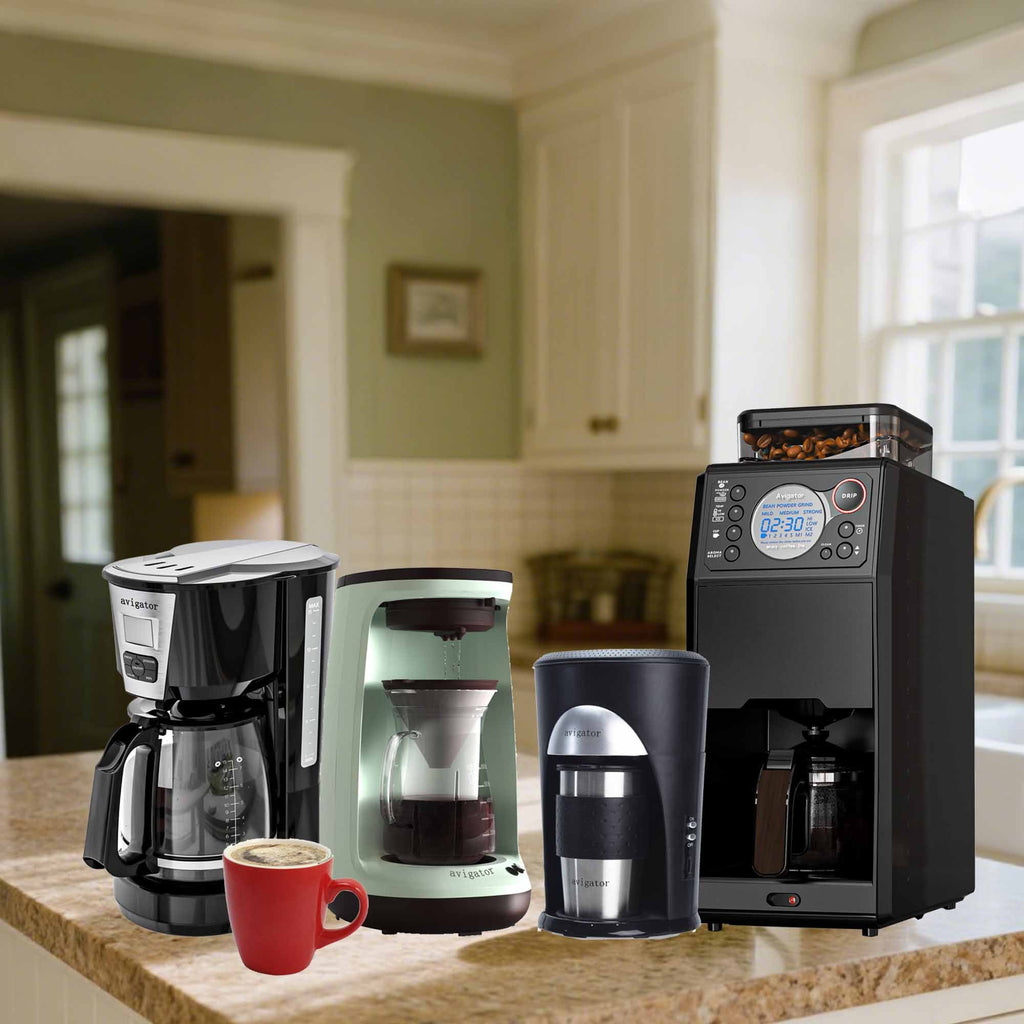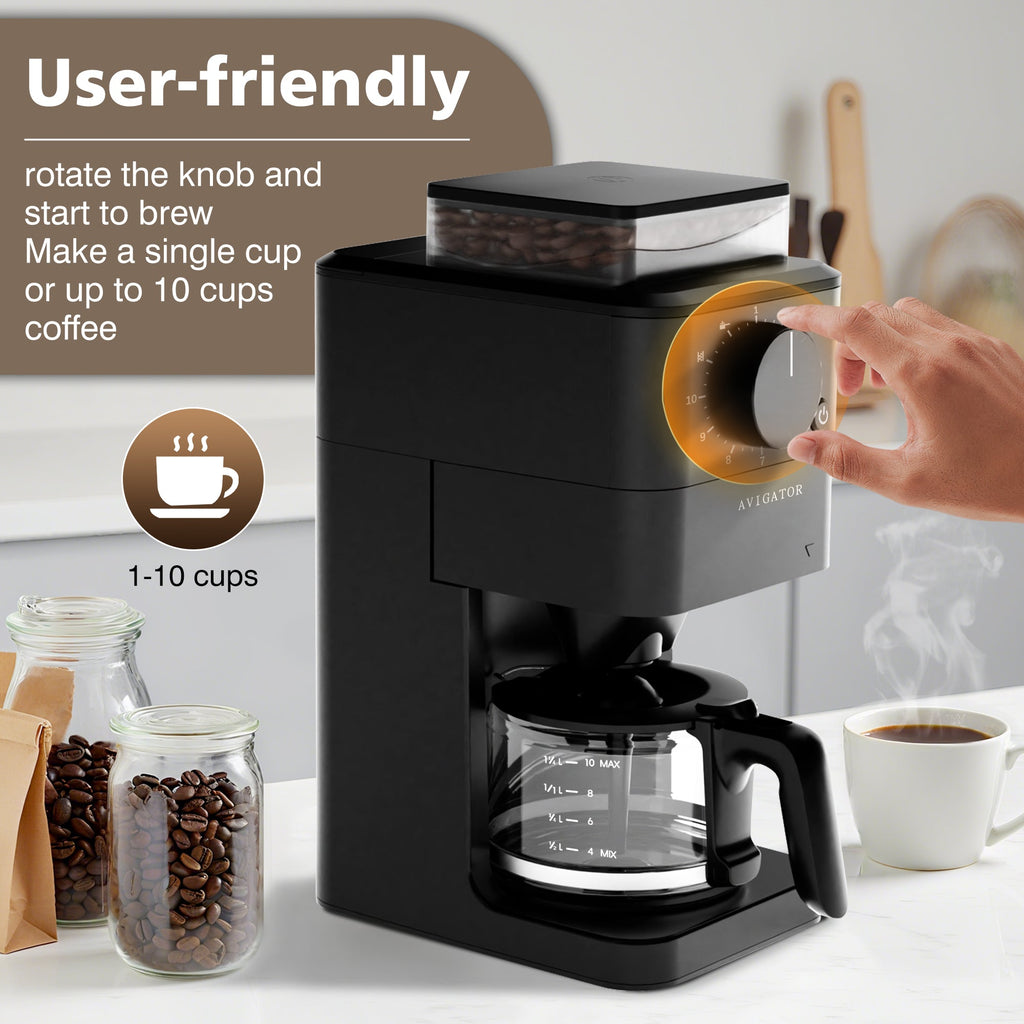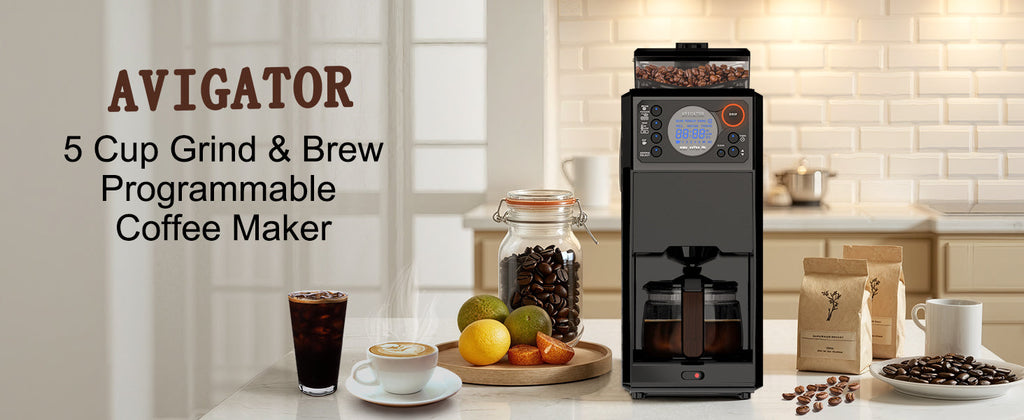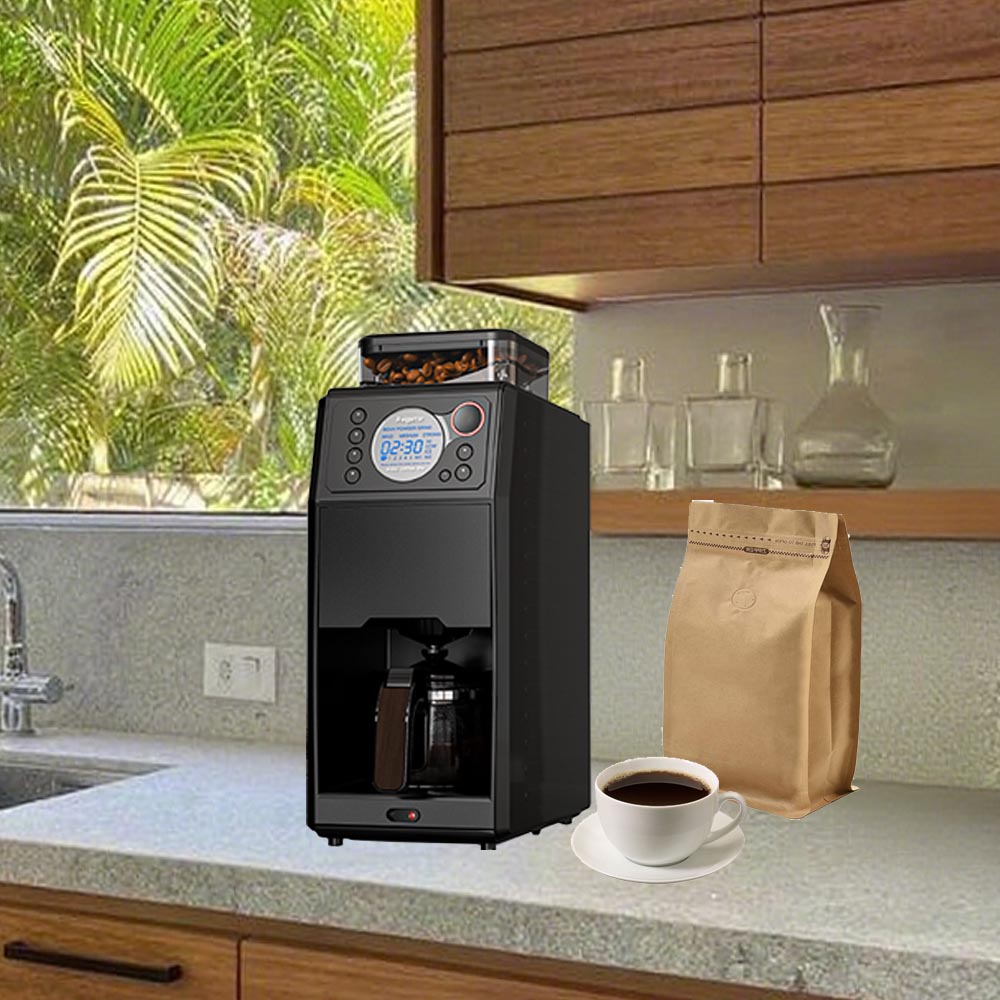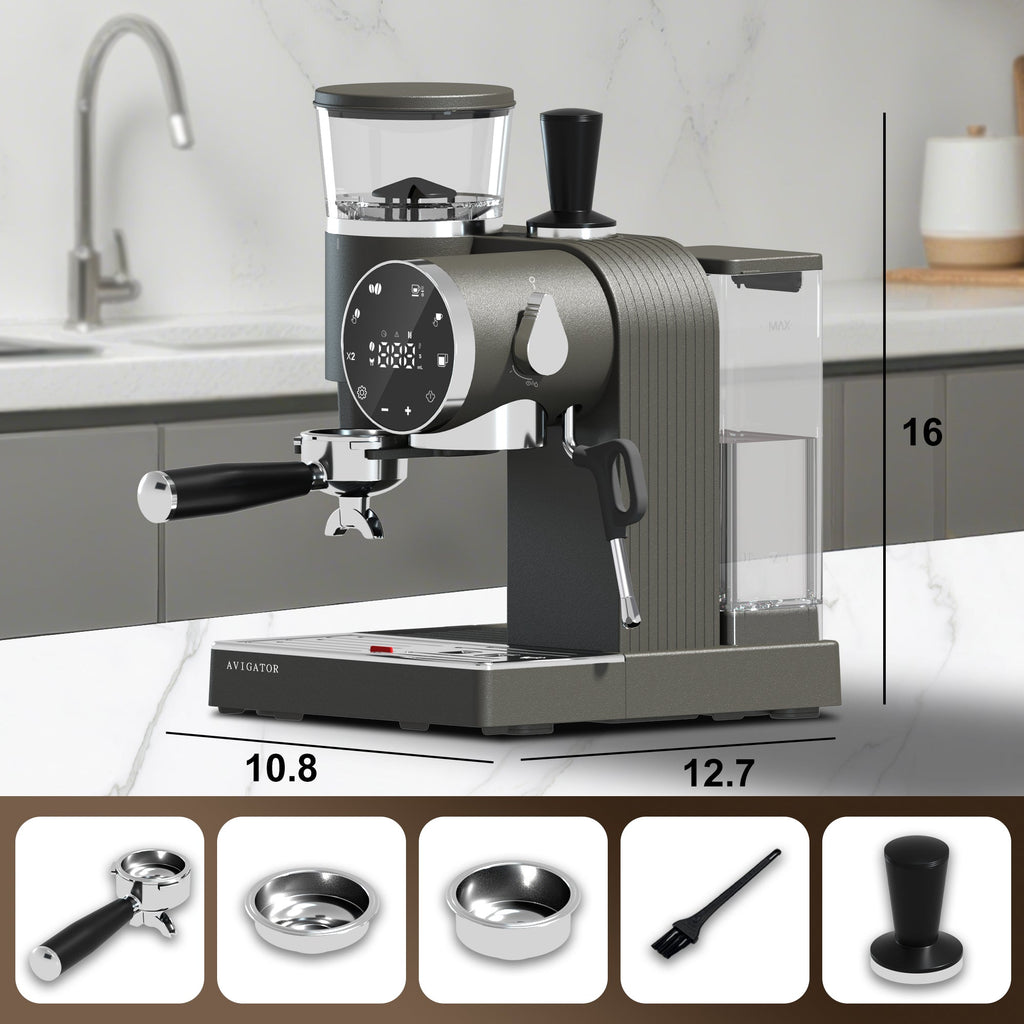
Coffee Machine Suppliers Guide to Choosing the Best

Selecting the right coffee machine supplier is a critical step for anyone who values quality coffee, whether for a bustling café, an office environment, or personal use at home. The increasing global demand for coffee has driven a surge in the variety and complexity of coffee machines available on the market, making the choice of supplier just as important as choosing the right equipment.
A reliable supplier not only provides access to durable, efficient machines but also ensures seamless after-sales support, maintenance, and flexible financing options. With many suppliers ranging from direct manufacturers, distributors, to online retailers, understanding the differences and evaluating their strengths can be overwhelming. Choosing poorly can lead to higher costs, downtime, and frustration with service delays or equipment failures.
Coffee Machine Suppliers Guide to Choosing the Best
In this guide, we will explain how to navigate the coffee machine supplier landscape effectively, examining key factors such as product range, supplier reputation, warranty coverage, and customer service to help you make an informed decision that aligns with your brewing needs and budget.
Understanding the Coffee Machine Market
The coffee machine market, both commercial and residential, is experiencing robust growth worldwide. As of 2025, the global coffee machine market size is valued at approximately $7.5 billion and is projected to reach nearly $11 billion by 2032, growing at a compound annual growth rate (CAGR) of around 6-7%.
This growth is fueled by a surge in coffee consumption, increasing café cultures, and rising demand for convenience-driven coffee brewing solutions. Notably, regions such as North America, Europe, and Asia Pacific lead in market share, with emerging economies in Asia and Latin America showing the fastest growth rates.
Understanding this evolving landscape is essential for businesses and buyers, as the market presents diverse product categories and supplier options tailored to different levels of usage—from high volume commercial machines to compact home units.
The rise of specialty coffee and automated brewing technology further shapes product innovation, making the supplier’s ability to offer up-to-date machines a crucial factor for buyers. Awareness of market size, regional demand patterns, and technological trends helps buyers align their purchasing choices with future-proof and scalable coffee solutions.
Types of Coffee Machines and Their Suppliers
Coffee machines primarily fall into four main categories, each serving different consumer needs and supplied by different sets of manufacturers or distributors:
Bean-to-Cup Coffee Machines: These machines automate the brewing process by grinding whole coffee beans fresh for each cup, offering consistent quality and flavor. Suppliers often represent premium brands like Jura, Saeco, and De’Longhi. These machines include built-in grinders, milk frothers, and programmable settings, suitable for offices, cafés, and serious home users.
Espresso Machines: Designed to extract concentrated coffee shots, espresso machines vary from manual lever models to fully automatic commercial equipment. Leading suppliers offer brands like La Marzocco, Rancilio, and Breville. These machines require varying levels of user skill and often appeal to specialty coffee shops and aficionados.
Drip Filter Coffee Machines: Known for brewing larger quantities over extended periods, drip machines are common in offices and catering environments. Popular brands include Bunn and Bonavita. Suppliers in this category emphasize reliability, capacity, and ease-of-use.
Single-Serve Capsule Machines: Offering convenience and speed, these machines use pods or capsules to brew individual servings. Key suppliers include Nespresso, Keurig, and Lavazza. They appeal to consumers valuing convenience and portability, though with recurring capsule costs.
Each category’s suppliers vary widely in terms of product complexity, price, after-sales service, and target market. Understanding these distinctions enables buyers to match their brewing needs with the appropriate supplier expertise and machine offerings.
Key Factors to Consider When Choosing a Coffee Machine Supplier
Selecting the right coffee machine supplier involves multiple considerations to ensure the product quality aligns with buyer requirements:
Product Range and Variety: Suppliers offering a wide range of machine types and models provide flexibility for buyers to compare features, capacities, and price points. Having access to different machine categories through one supplier simplifies procurement.
Supplier Credibility and Reputation: Evaluating supplier reliability through customer reviews, industry certifications, and brand authorizations ensures sustained quality and trustworthy service. This reduces risks related to product defects or poor customer support.
Warranty and After-Sales Service: A comprehensive warranty coupled with prompt after-sales support, including machine maintenance, parts availability, and troubleshooting, is critical for minimizing downtime and prolonging machine lifespan.
Pricing and Financing Options: Competitive pricing should be balanced with product value and service quality. Many suppliers offer financing plans, leasing, or bulk purchase discounts essential for budget-conscious businesses.
Delivery and Installation Services: Efficient and timely delivery paired with professional installation ensures machines function correctly from the start, reducing operational disruptions.
Training and Technical Support: Suppliers providing staff training and technical guidance on machine operation and maintenance empower buyers to maximize machine performance and reduce servicing needs.
Spare Parts Availability: Easy access to genuine replacement parts is essential for maintaining machine reliability over time.
In-Depth Look at Supplier Categories
Coffee machine suppliers generally fall into three primary categories, each with distinct advantages and considerations:
Direct Manufacturers: These suppliers produce coffee machines and may sell directly to customers or through authorized dealers. Direct purchase often results in better pricing and access to the latest models. However, buyers may need to manage installation and servicing independently unless manufacturer support is included. Examples include Jura and La Marzocco.
Distributors and Wholesalers: Distributors offer machines from multiple manufacturers, providing a broader machine selection. They typically bundle sales with installation, maintenance contracts, and training services. This one-stop-shop approach benefits businesses preferring consolidated service. Examples include Coffee Tech (UK) and Espresso Parts (US).
Online Marketplaces: Platforms such as Amazon, Alibaba, or specialist coffee equipment websites list a wide array of suppliers offering machines at various price points. While the choice and convenience are high, after-sales support and warranty enforcement can be inconsistent. Buyers must verify seller credentials and service policies carefully.
Each supplier category suits different buyer profiles based on specific needs, including volume, technical support, and budget.
Common Challenges and How to Avoid Them
When choosing coffee machine suppliers, buyers commonly face several pitfalls:
Overpaying for Unnecessary Features: High-end machines can include features that do not match the actual usage patterns, leading to underutilization of expensive capabilities.
Neglecting After-Sales Support: Ignoring warranty terms and the availability of responsive service providers can cause long operational downtimes when machines need repairs.
Inadequate User Training: Lack of proper training hinders optimal machine use, leading to lower coffee quality and quicker wear of components.
Supplier Reliability Issues: Selecting suppliers without verifying their reputation can result in receiving counterfeit products, subpar equipment, or poor delivery timeliness.
Avoid these challenges by thoroughly assessing needs, prioritizing reputable suppliers, demanding warranty details, and ensuring staff training.
Tips for Verifying Coffee Machine Suppliers
To confirm supplier reliability and ensure a good purchase experience, incorporate these verification steps:
Request Client References and Case Studies: Established suppliers will often share success stories or customer testimonials confirming their service quality.
Confirm Brand Authorizations and Certifications: Certified distributors authorized by manufacturers guarantee genuine products and support.
Clarify Warranty and Service Contracts: Review warranty coverage, terms for repairs, and response times, and evaluate the availability of local service technicians.
Assess Machine Delivery and Installation Policies: Confirm estimated delivery times, installation procedures, and whether these services are included or extra.
Evaluate Spare Parts Stock: Ensure suppliers maintain inventory of critical replacement parts to reduce downtime in case of repairs.
Check Online Reviews and Industry Forums: Scan trusted review sites and niche coffee industry platforms for independent feedback.
Coffee Machine Supplier Comparison Table
| Supplier Type | Advantages | Considerations | Typical Buyer Profile |
|---|---|---|---|
| Direct Manufacturers | Latest models, better pricing | Self-managed servicing, installation | Buyers wanting brand-new equipment and direct support |
| Distributors/Wholesalers | Wide product range, bundled services | Possibly higher prices | Businesses seeking convenience and comprehensive management |
| Online Marketplaces | Convenience, wide choices | Varying service quality | Smaller buyers or those seeking price deals |
Frequently Asked Questions (FAQs)
Q: How important is after-sales service when buying a coffee machine?
A: After-sales service is crucial to maintain machine functionality, reduce downtime, and extend its lifespan through timely repairs and maintenance.
Q: Are financing options commonly available from coffee machine suppliers?
A: Yes, many suppliers offer leasing, installment plans, or bulk purchase discounts to accommodate different budgets.
Q: What is the best type of coffee machine for an office environment?
A: Bean-to-cup or drip filter machines are preferred for offices due to capacity and ease of use, while single-serve machines offer convenience for smaller teams.
Q: How do I verify a supplier’s legitimacy?
A: Check for manufacturer certifications, customer reviews, warranty terms, and request references or case studies before finalizing purchase.
Conclusion
Choosing the right coffee machine supplier is a foundational decision that directly impacts the quality of coffee, operational efficiency, and long-term costs. By carefully analyzing market trends, understanding the types of coffee machines available, and evaluating suppliers across different categories, buyers can make well-informed choices that align with their unique needs.
Prioritizing factors such as product range, supplier reputation, warranty terms, and after-sales service helps mitigate risks and ensures a smooth coffee experience. Additionally, being aware of common challenges and following verification steps can safeguard against costly mistakes.
Whether for a busy cafe, corporate office, or personal use, aligning supplier capabilities with brewing preferences and budget creates value and satisfaction. Equipped with this comprehensive guide, buyers can confidently navigate the coffee machine supplier landscape to select partners who deliver reliability, innovation, and excellent service, ultimately brewing success one cup at a time.

